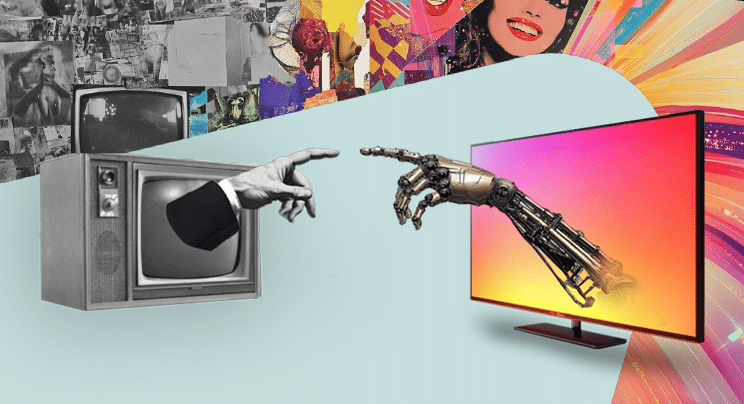Bill would create interference nightmare for broadcasters, says MSTV
The Association for Maximum Service Television sent a letter to Senators Ted Stevens (R-AK) and Daniel Inouye (R-HI) June 21 alerting the pair to “unintended consequences” of a portion of the Communications, Consumers’ Choice and Broadband Deployment Act of 2006 that will create “significant interference to digital television receivers.”
The letter from MSTV president and CEO David Donovan to the Senate Commerce, Science and Transportation committee chairman and co-chairman points to Title VI of the act, which is intended to bring wireless broadband service to underserved rural areas, as the culprit. According to the letter, the bill as drafted would allow “any type of unlicensed use” and in “many instances” is “likely to significantly increase interference with television receivers.”
The letter identifies unlicensed devices in the core TV band, channels 2-51, and whether the legislation “effectively prevents” interference from occurring as the association’s major sources of concern. As drafted, the legislation will not prevent harmful interference, the letter said.
While the letter focused on the detrimental effects of such unlicensed devices to TV receivers, Donovan has in the past addressed the harmful interference they would cause to wireless microphones used during ENG and sports production. The most commonly used wireless mic VHF frequencies fall within 174MHz to 216MHz and on the UHF band from 470MHz to 806MHz. (See: “Bills could make sports remotes harder.”)
According to Donovan’s letter to the Senators, the legislation relies on a “far from perfect” process of FCC certification to prevent devices from causing interference. “In point of fact,” the letter said, “the FCC itself approves less than 10 percent of all equipment, with the vast amount of equipment approved by industry laboratories.” The legislation does not require testing by independent labs.
The letter identified several major problems with the legislation as drafted, including:
- Consumers are not allowed to file interference complaints, only licensees may do so;
- All complaints must be verified in the field, which will put the burden on licensees (i.e. TV stations) to track down the source of interference from unlicensed devices in the field;
- The lack of an ID code requirement to identify offending unlicensed devices;
- Remote shutoff is not required on all unlicensed devices;
- No provision to preclude unlicensed devices from operating on the first adjacent channel to a TV channel.
The legislation as it stands jeopardizes billions of dollars invested in the DTV transition on the part of broadcasters and the viewing public, the letter said. “Significant, additional real world testing is required before unlicensed operations should be authorized to enter the TV band,” it said.
The professional video industry's #1 source for news, trends and product and tech information. Sign up below.
For more information, visit www.mstv.org.
